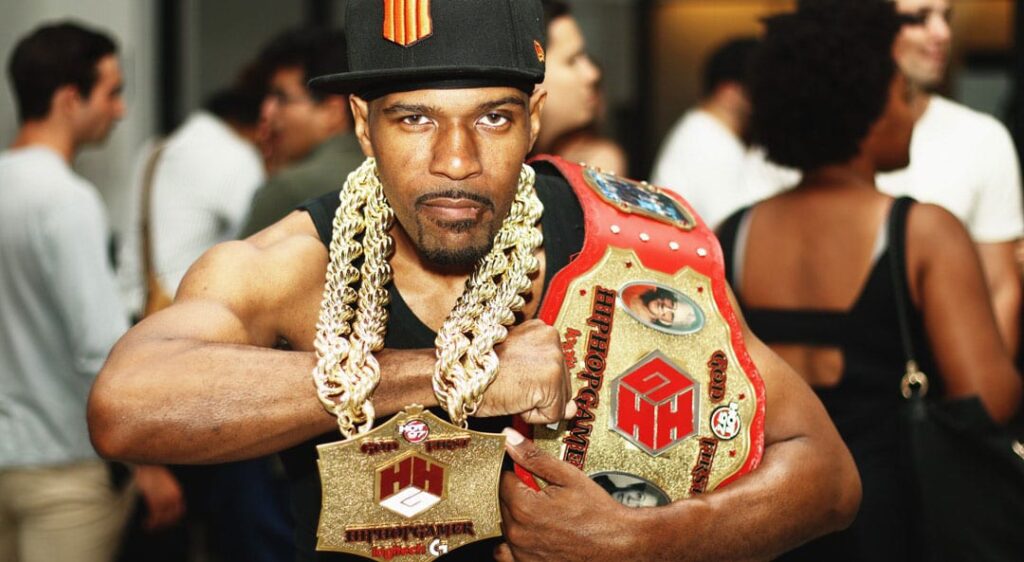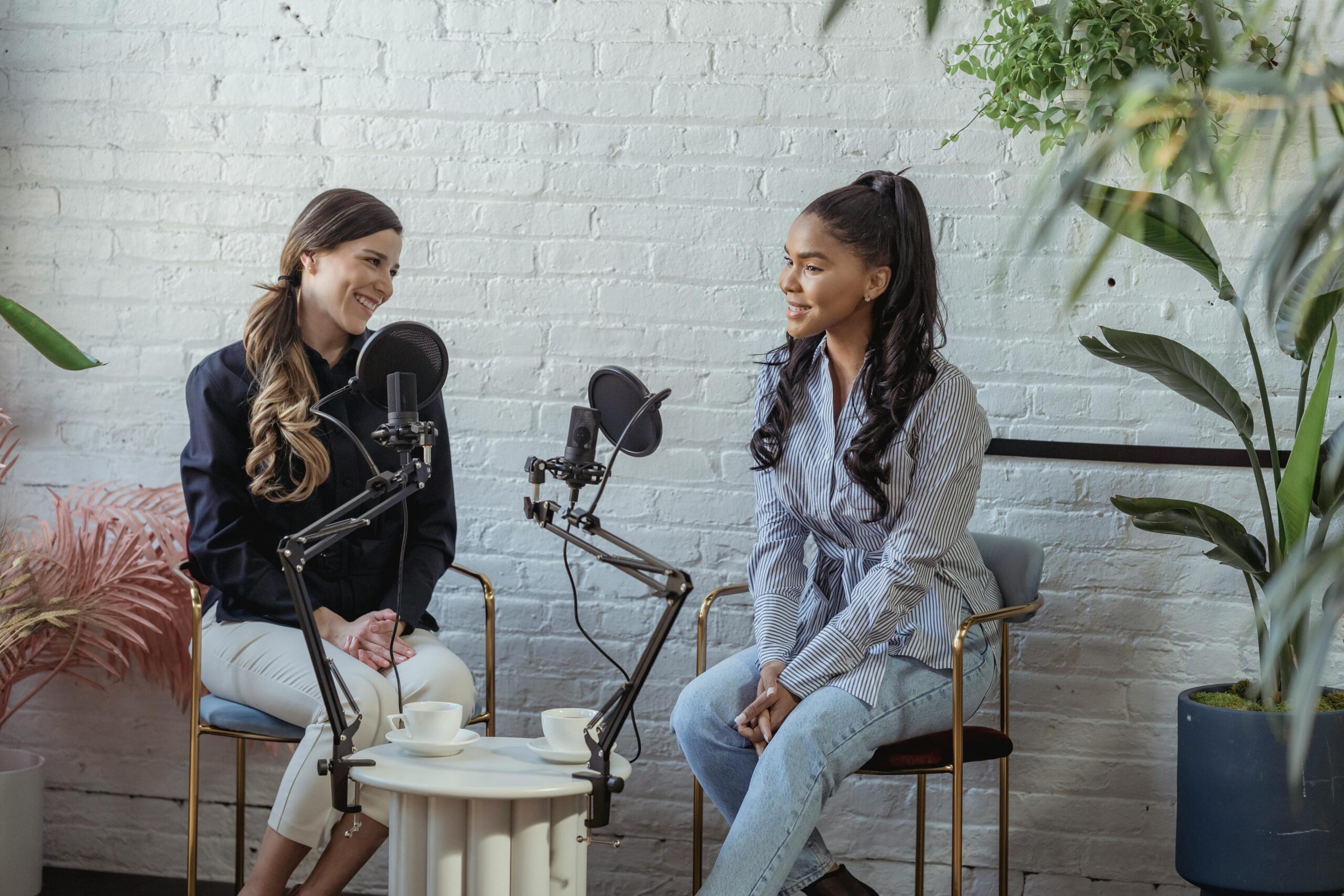The Global Impact of Mainstream Hip Hop
Hip-hop is a genre of music that has taken the world by storm. With its infectious beats, clever wordplay, and powerful messages, hip-hop has become a global phenomenon. While there are many sub-genres within hip-hop, mainstream hip-hop is the most popular and widely recognized.
The Origins of Mainstream Hip Hop
Mainstream hip-hop emerged in the 1980s as a commercialized version of the underground rap scene. Artists like Run-D.M.C., LL Cool J, and Public Enemy were early pioneers who brought hip-hop to the mainstream audience. Their music was characterized by catchy hooks, energetic beats, and socially conscious lyrics that often addressed issues like racism, poverty, and inequality.
The Evolution of Mainstream Hip Hop
In the 1990s, mainstream hip-hop saw a golden era with the rise of iconic artists such as Tupac Shakur, The Notorious B.I.G., and Jay-Z. This era saw a shift in the lyrical content of mainstream hip-hop, with artists delving into more personal experiences and storytelling. The production also became more sophisticated, with the introduction of sampling and the use of live instrumentation.
The new millennium brought further evolution to mainstream hip-hop. The 2000s saw the emergence of artists like Eminem, Kanye West, and Drake, who pushed the boundaries of the genre and brought it to the mainstream even further. These artists incorporated elements of other genres such as rock, R&B, and electronic music, creating a fusion that appealed to a wider audience.
Mainstream Hip Hop Today
Today, mainstream hip-hop is more diverse than ever before. Artists like Kendrick Lamar, J. Cole, and Cardi B have brought a new level of artistry and authenticity to the genre. They tackle a wide range of topics, from social justice issues to personal struggles, and their music resonates with listeners on a deep level.
The Influence of Mainstream Hip Hop
The influence of mainstream hip-hop extends beyond music. It has permeated popular culture, influencing fashion, language, and even politics. Hip-hop fashion, with its baggy jeans, oversized t-shirts, and flashy jewelry, became a trend that crossed over into mainstream fashion. Hip-hop slang and expressions have become part of everyday language, with phrases like “lit,” “dope,” and “flexing” being used by people of all backgrounds. In politics, hip-hop has been a platform for social commentary and activism, with artists using their music to address issues like police brutality and systemic racism.
Key Takeaways:
- Mainstream hip-hop has become a global phenomenon, captivating audiences with its infectious beats, clever wordplay, and powerful messages.
- The genre originated in the 1980s as a commercialized version of the underground rap scene, with artists like Run-D.M.C., LL Cool J, and Public Enemy leading the way.
- The 1990s witnessed a golden era of mainstream hip-hop, characterized by personal storytelling and sophisticated production techniques.
- In the 2000s, artists like Eminem, Kanye West, and Drake pushed the boundaries of mainstream hip-hop, incorporating elements from various genres and leveraging the internet and social media to connect with fans.
- Today, mainstream hip-hop is more diverse than ever, with artists like Kendrick Lamar, J. Cole, and Cardi B bringing artistry and authenticity to the genre.
- Mainstream hip-hop’s influence extends beyond music, shaping fashion trends, language, and even political discourse.
If you’re passionate about the music industry and want to explore the business side of mainstream hip hop further, consider enrolling in the “NYU x Billboard | Music Industry Essentials” online course and certificate program offered by Yellowbrick. This comprehensive program will provide you with valuable insights into the inner workings of the music industry, including artist management, marketing, and entrepreneurship. Don’t miss the opportunity to turn your passion for mainstream hip-hop into a successful career. Sign up today and take the first step toward making your mark in the industry!








